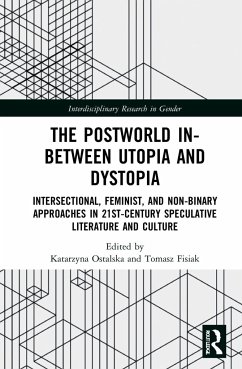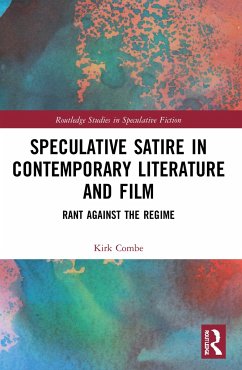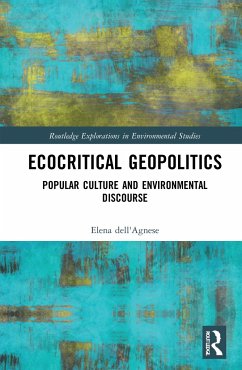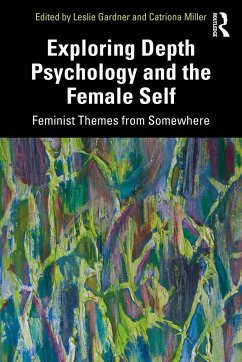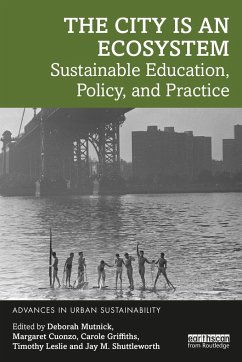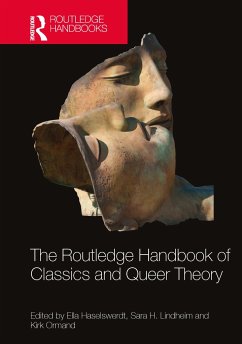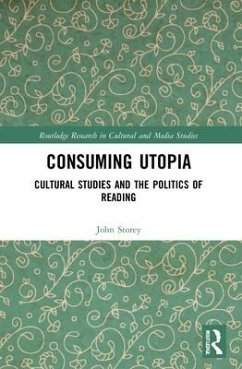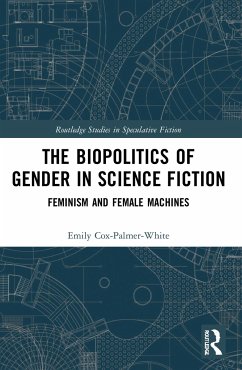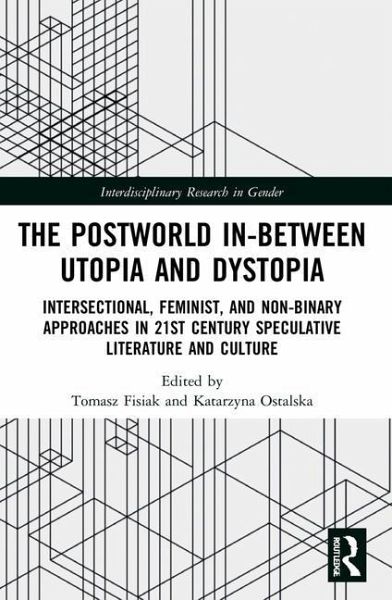
The Postworld In-Between Utopia and Dystopia
Intersectional, Feminist, and Non-Binary Approaches in 21st-Century Speculative Literature and Culture
Herausgegeben: Ostalska, Katarzyna; Fisiak, Tomasz

PAYBACK Punkte
22 °P sammeln!
This collection of essays offers global perspectives on feminist utopia and dystopia in speculative literature, film, and art, working from a range of intersectional approaches to examine key works and genres in both their specific cultural context and a wider, global, epistemological, critical background.The international, diverse contributions, including a Foreword by Gregory Claeys, draw upon posthumanism, speculative realism, speculative feminism, object-oriented ontology, new materialisms, and post-Anthropocene studies to propose alternative perspectives on gender, environment, as well as...
This collection of essays offers global perspectives on feminist utopia and dystopia in speculative literature, film, and art, working from a range of intersectional approaches to examine key works and genres in both their specific cultural context and a wider, global, epistemological, critical background.
The international, diverse contributions, including a Foreword by Gregory Claeys, draw upon posthumanism, speculative realism, speculative feminism, object-oriented ontology, new materialisms, and post-Anthropocene studies to propose alternative perspectives on gender, environment, as well as alternate futures and pasts rendered in fiction. Instead of binary divisions into utopia vs dystopia, the collection explores genres transcending this dichotomy, scrutinising the oeuvre of both established and emerging writers, directors, and critics.
This is a rich and unique collection suitable for scholars and students studying feminist literature, media cultural studies, and women's and gender studies.
The international, diverse contributions, including a Foreword by Gregory Claeys, draw upon posthumanism, speculative realism, speculative feminism, object-oriented ontology, new materialisms, and post-Anthropocene studies to propose alternative perspectives on gender, environment, as well as alternate futures and pasts rendered in fiction. Instead of binary divisions into utopia vs dystopia, the collection explores genres transcending this dichotomy, scrutinising the oeuvre of both established and emerging writers, directors, and critics.
This is a rich and unique collection suitable for scholars and students studying feminist literature, media cultural studies, and women's and gender studies.





